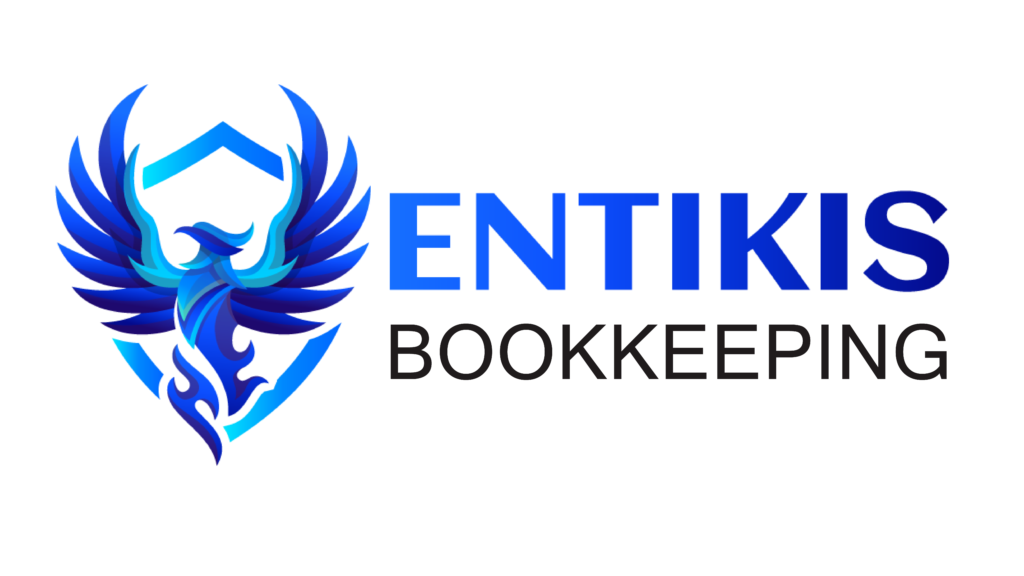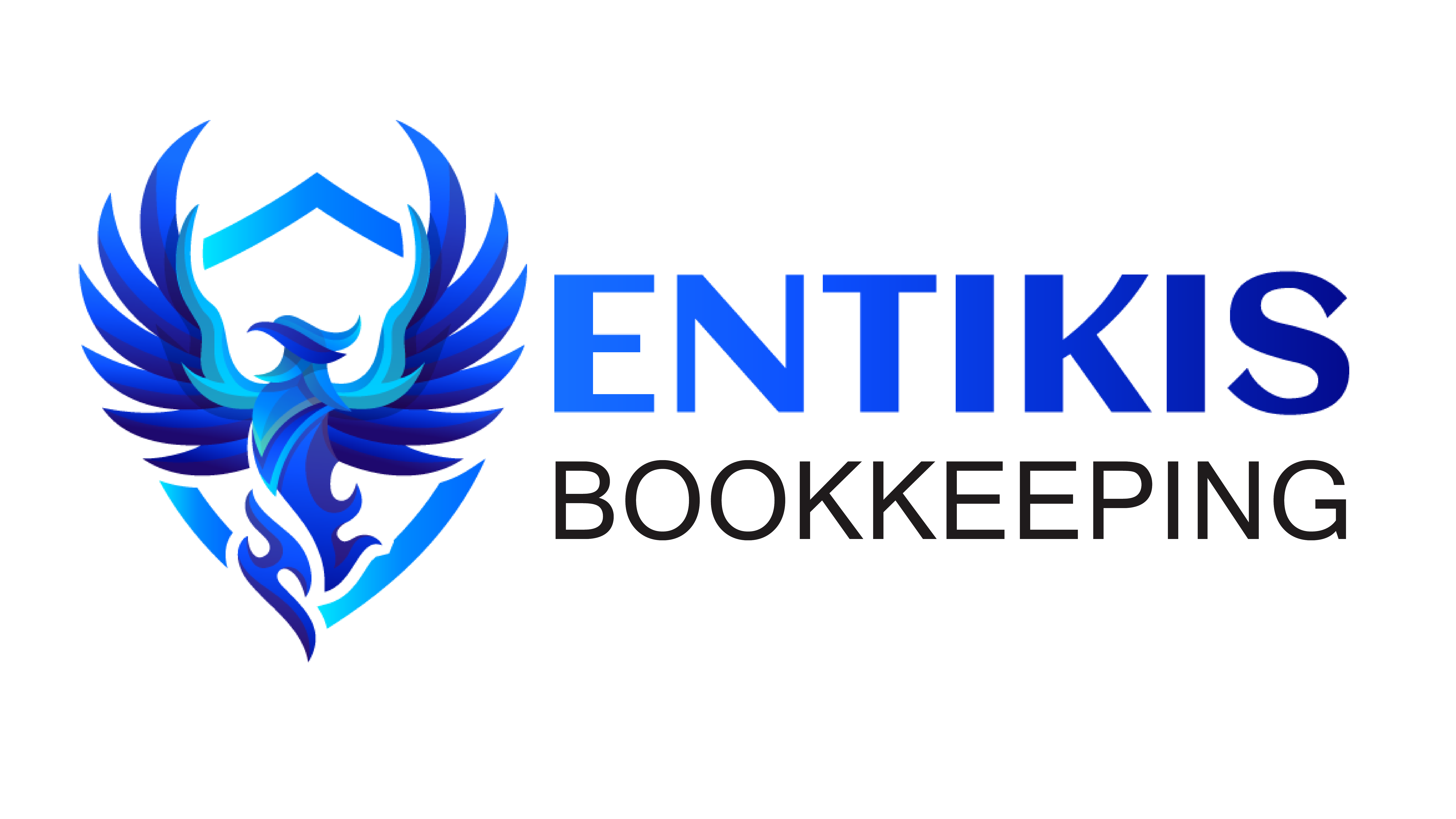Running a successful cleaning business involves more than just scrubbing floors and dusting shelves. It requires efficient management of finances to ensure profitability and growth. In this comprehensive guide, we’ll delve into the essential bookkeeping strategies tailored specifically for your cleaning business, helping you streamline your financial processes and pave the way for success.

Understanding the Unique Financial Needs of Your Cleaning Business
In the bustling world of entrepreneurship, few industries exemplify the dynamism and diversity of services quite like the cleaning business. From residential to commercial spaces, from routine maintenance to specialized deep cleaning, cleaning companies play a vital role in maintaining the cleanliness and hygiene of our surroundings. However, beneath the surface of gleaming floors and spotless surfaces lies a complex web of financial considerations that can make or break a cleaning business.
One of the foremost challenges faced by cleaning businesses is the seasonal nature of the industry. While demand for cleaning services remains relatively steady throughout the year, there are distinct peaks and valleys that coincide with seasonal fluctuations. For example, residential cleaning services may experience a surge in demand during the spring and summer months as homeowners embark on seasonal cleaning projects. Similarly, commercial cleaning companies may see increased business during certain times of the year, such as after holiday seasons or in preparation for major events.
These seasonal peaks can have a significant impact on cash flow, as revenue may fluctuate unpredictably from month to month. Understanding and anticipating these fluctuations is essential for effective financial management. By recognizing the patterns of seasonal demand in your area and planning accordingly, you can avoid cash flow crunches and ensure that your business remains financially resilient throughout the year.
Another critical aspect of managing the finances of a cleaning business is tracking expenses. From cleaning supplies and equipment maintenance to staff wages and transportation costs, there are numerous expenses associated with running a successful cleaning operation. Failing to track these expenses accurately can lead to budgetary oversights, cash flow problems, and ultimately, financial instability.
Tracking expenses allows cleaning business owners to gain a clear understanding of their cost structure and identify areas where cost-saving measures can be implemented. For example, by analyzing expenses over time, you may discover opportunities to negotiate better deals with suppliers, optimize staffing levels, or invest in more cost-effective equipment. Additionally, tracking expenses enables you to allocate resources more efficiently, ensuring that funds are available for essential expenditures while minimizing waste and unnecessary spending.
In addition to day-to-day expenses, it’s also crucial for cleaning businesses to set aside funds for future growth and expansion. Investing in marketing efforts, such as advertising campaigns or promotional activities, can help attract new customers and expand your client base. Similarly, earmarking funds for expansion plans, such as opening new locations or diversifying services, can position your business for long-term success and sustainability.
By setting aside funds for marketing and expansion, you can seize opportunities for growth and stay ahead of the competition in a crowded marketplace. Whether it’s investing in digital marketing strategies to reach a wider audience or upgrading equipment to offer new services, strategic allocation of financial resources is key to staying relevant and competitive in the cleaning industry.
In conclusion, understanding the unique financial needs of your cleaning business is essential for navigating the challenges and opportunities that come with running a successful operation. By recognizing the seasonal nature of the industry, tracking expenses diligently, and setting aside funds for marketing and expansion, you can build a solid financial foundation that supports long-term growth and profitability. Stay tuned for the next chapter, where we’ll delve into strategies for organizing your financial records and streamlining your bookkeeping processes.
Organizing Your Financial Records
Efficient financial record-keeping is the backbone of any successful business, and the cleaning industry is no exception. In this chapter, we’ll explore why keeping accurate and up-to-date financial records is crucial for the smooth operation and long-term success of your cleaning business. We’ll also provide practical tips for setting up a systematic filing system and introduce digital bookkeeping tools tailored specifically for small cleaning businesses.
Accurate and up-to-date financial records serve as a roadmap for your business’s financial health. They provide valuable insights into your company’s revenue, expenses, and overall profitability, enabling you to make informed decisions and identify areas for improvement. Whether you’re preparing for tax season, applying for a loan, or simply tracking your progress towards financial goals, having organized and accurate financial records is essential.
One of the first steps in organizing your financial records is setting up a systematic filing system. This involves creating a designated space for storing invoices, receipts, bank statements, and other financial documents in a logical and orderly manner. Consider investing in filing cabinets, folders, or digital storage solutions to keep your records safe, secure, and easily accessible.
When setting up your filing system, it’s essential to establish clear and consistent naming conventions for your documents. This will make it easier to locate specific records when needed and ensure that your filing system remains organized over time. For example, you may choose to organize your documents by date, vendor, or type of expense, depending on what makes the most sense for your business.
In addition to maintaining physical or digital copies of your financial documents, it’s also a good idea to create backups to protect against loss or damage. Cloud-based storage solutions offer a convenient and secure way to store your records offsite, providing peace of mind in the event of a disaster or data breach.
While traditional paper-based filing systems can be effective, many cleaning businesses are turning to digital bookkeeping tools and software to streamline their record-keeping processes. These tools offer a range of features designed to simplify bookkeeping tasks, such as invoicing, expense tracking, and financial reporting.
There are several digital bookkeeping tools and software options available that are specifically tailored for small cleaning businesses. These tools typically offer user-friendly interfaces, customizable templates, and integrations with other business software, making them ideal for managing your finances efficiently. Some popular options include QuickBooks Online, FreshBooks, and Wave Accounting.
In conclusion, organizing your financial records is essential for the success and sustainability of your cleaning business. By keeping accurate and up-to-date records, setting up a systematic filing system, and leveraging digital bookkeeping tools, you can streamline your financial processes, gain valuable insights into your business’s performance, and position yourself for long-term growth and success. Stay tuned for the next chapter, where we’ll dive into creating a budget and setting financial goals for your cleaning business.
Tracking Income and Expenses
Effective tracking of income and expenses is fundamental to the financial health and success of your cleaning business. In this chapter, we’ll delve into why it’s crucial to meticulously monitor all sources of income and categorize expenses accurately. Additionally, we’ll explore various tools and templates that can simplify the process of creating income statements and expense reports, empowering you to make informed financial decisions.
One of the primary reasons for tracking income meticulously is to gain a comprehensive understanding of your business’s revenue streams. Your cleaning business may generate income from various sources, including recurring contracts with regular clients, one-time services for new customers, and add-on services such as carpet cleaning or window washing. By tracking all sources of income, you can identify which services are the most profitable and tailor your offerings accordingly. Moreover, having a clear picture of your income sources enables you to forecast future revenue, plan for growth, and optimize your pricing strategy.
Equally important is the diligent tracking of expenses, which provides insight into the cost structure of your cleaning business. Expenses encompass a wide range of categories, including but not limited to cleaning supplies, equipment maintenance, transportation, insurance, and advertising. Categorizing expenses accurately allows you to identify areas where costs can be reduced or optimized, ultimately increasing your bottom line. For instance, you may discover that you’re overspending on cleaning supplies and find ways to negotiate better deals with suppliers or explore more cost-effective alternatives. By tracking expenses closely, you can make informed decisions about resource allocation, budgeting, and strategic planning.
To facilitate the tracking of income and expenses, it’s beneficial to utilize tools and templates specifically designed for creating income statements and expense reports. These tools streamline the process of recording financial transactions, organizing data, and generating comprehensive reports that provide valuable insights into your business’s financial performance. Income statements, also known as profit and loss statements, summarize your revenue, expenses, and net income over a specific period, allowing you to assess your business’s profitability. On the other hand, expense reports provide a detailed breakdown of your business’s expenditures, categorized by expense type, vendor, or date. By regularly reviewing income statements and expense reports, you can monitor your business’s financial health, identify trends, and make data-driven decisions to optimize performance.
Several tools and templates are available to simplify the creation of income statements and expense reports for your cleaning business. Accounting software such as QuickBooks, Xero, or FreshBooks offer pre-designed templates and automated features that streamline the process of generating financial reports. These platforms allow you to import transactions from your bank accounts, categorize income and expenses, and generate customized reports with just a few clicks. Additionally, many of these tools offer mobile apps that enable you to track income and expenses on the go, ensuring that you stay on top of your finances wherever you are.
In conclusion, tracking income and expenses diligently is essential for managing the financial health and success of your cleaning business. By monitoring all sources of income, categorizing expenses accurately, and utilizing tools and templates for creating income statements and expense reports, you can gain valuable insights into your business’s performance, identify opportunities for improvement, and make informed financial decisions that drive growth and profitability. Stay tuned for the next chapter, where we’ll explore strategies for managing cash flow effectively in your cleaning business.
If You Are Looking For Professional Bookkeeping Services, Please Contact Us At Admin@Entikis.Com And 817-415-1715 To Learn More About How Entikis Bookkeeping Can Support Your Journey To Success! Located At 640 Taylor St Suite , Fort Worth, TX, United States, Texas. We Offer Professional Bookkeeping Services For Businesses In The Burleson, Fort Worth And The Surrounding Tarrant County Metroplex.




